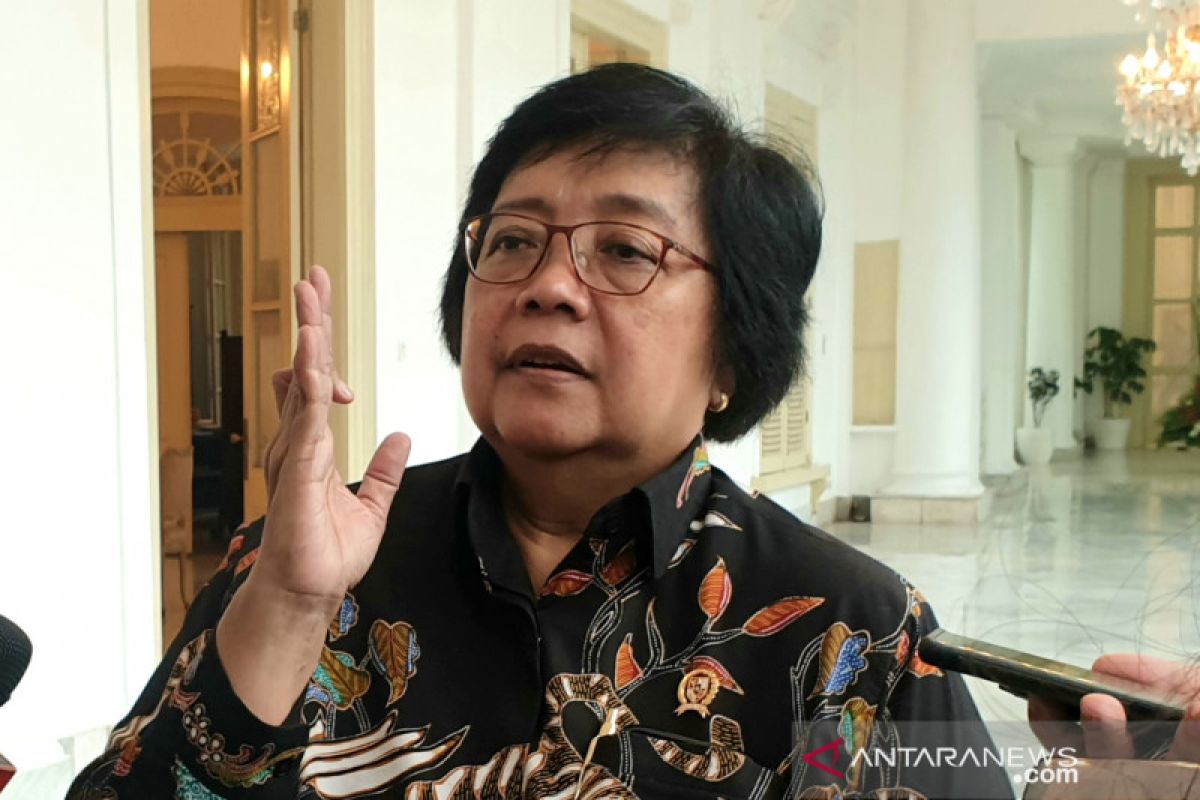"I have asked the director general at a meeting last night to talk with Walhi (the Indonesian Forum for the Environment) and several environmentalists to start formulating the terms of reference," Environment and Forestry Minister Siti Nurbaya said at the Bogor Presidential Palace Tuesday.
Walhi is a forum comprising several environmental activists in Indonesia, Nurbaya revealed.
It will take two months to complete the environmental study, she said.
Asked if part of the planned location for the new capital is a production forest, she said it did not contradict the law.
"Law No. 41 of 1999 stipulates that the government, in this case, the forestry minister, has the authority to designate the use and utilization of the forest area," she said.
Article 19 of the law stipulates that the government can decide a change in the appropriation and function of forested land based on the results of the integrated research.
Therefore, the Environment and Forestry Ministry will team up with Walhi to conduct the environmental study.
In addition, Article 38 of the law stipulates that the use of forest land for the purpose of development other than forestry activities can only be done within a production forest and protected forest.
The Public Works and Housing Ministry is set to commence the construction of government buildings in East Kalimantan.
"The construction of infrastructure for waterways, reservoirs, sanitation, and buildings takes around three to four years," Public Works and Housing Minister Basuki Hadimuljono said in a statement, Tuesday.
Hence, he estimated that the relocation process would be completed by 2024.
The construction and relocation of the new capital city is estimated to take nearly four years and cost Rp466 trillion, Hadimuljono remarked.
He revealed that 19 percent of the cost would be sourced from the state budget, and that was mainly from the cooperation scheme in terms of managing existing assets in the new capital and DKI Jakarta.
The rest of the funding will come from the Public-Private Partnership (PPP) scheme and direct investment from private companies and state-owned enterprises (SOEs).
"The state budget to be used for infrastructure development is a multi-year budget, so it is not allocated all at once in the current state budget," Hadimuljono explained.









